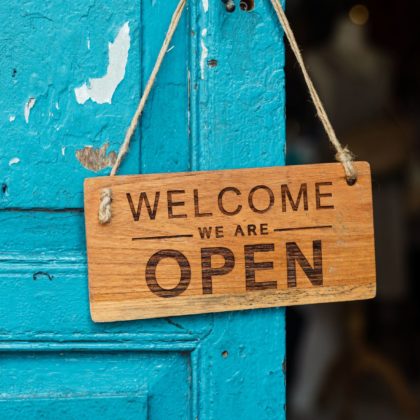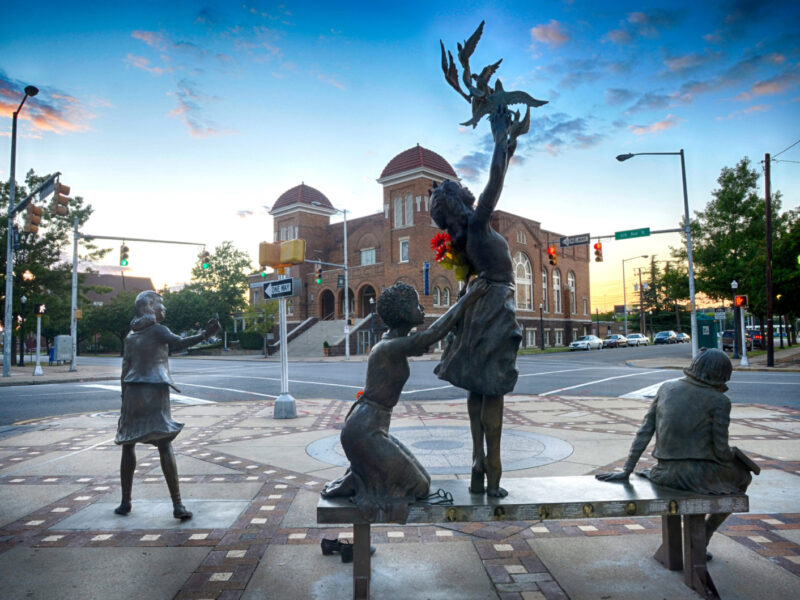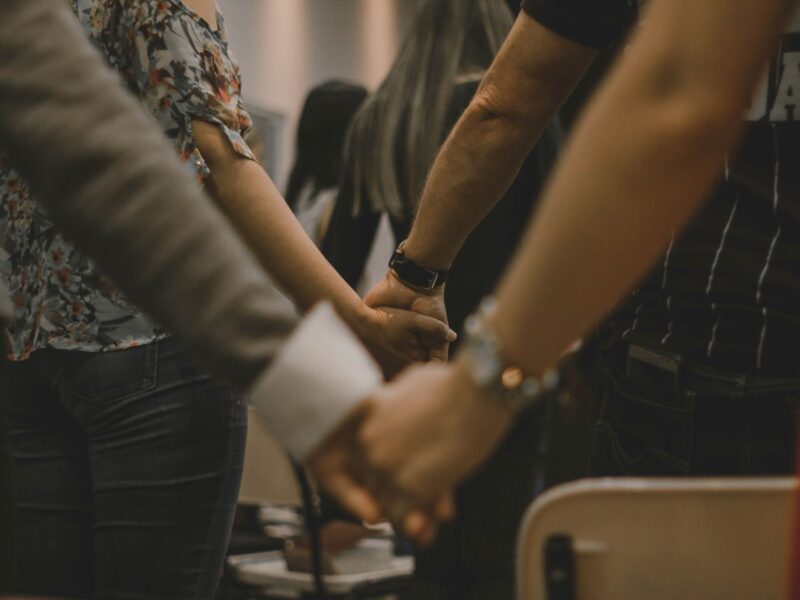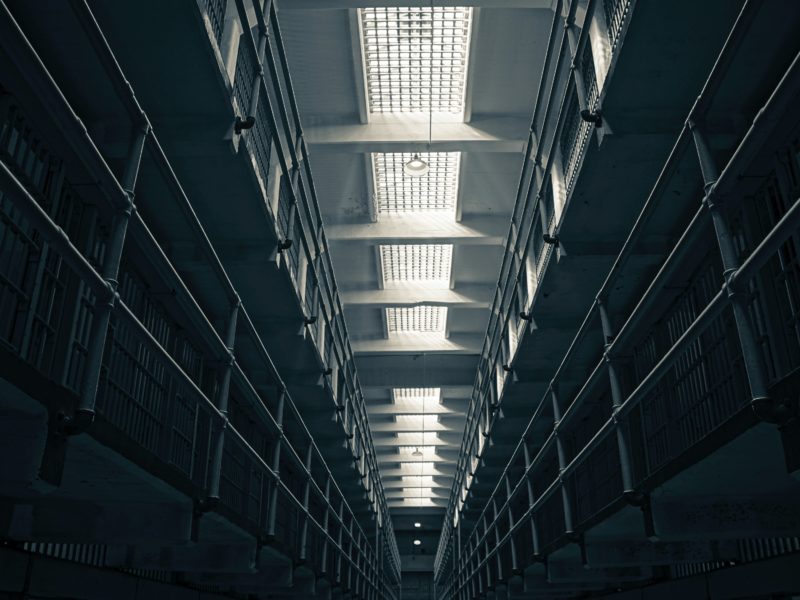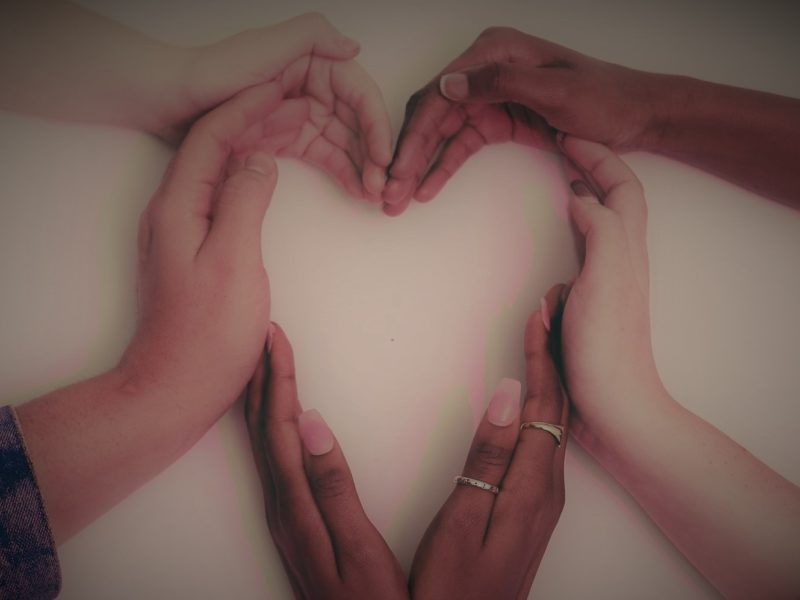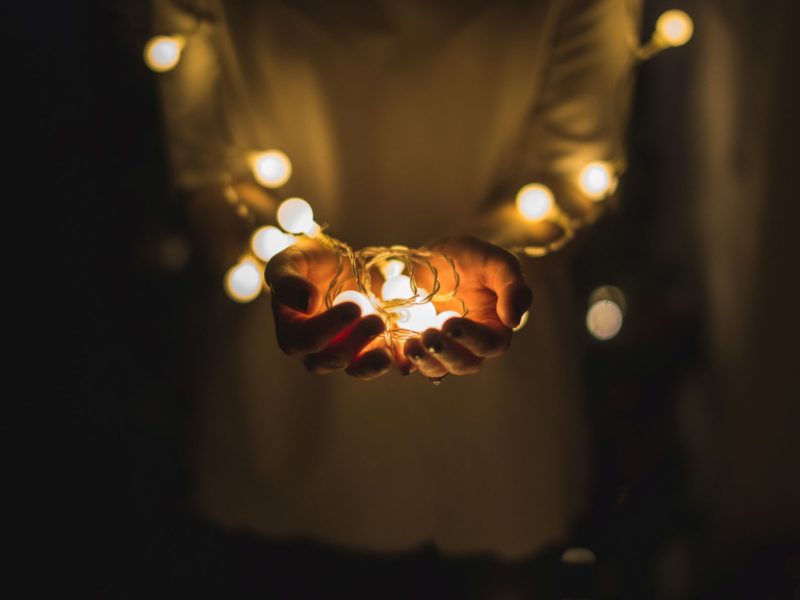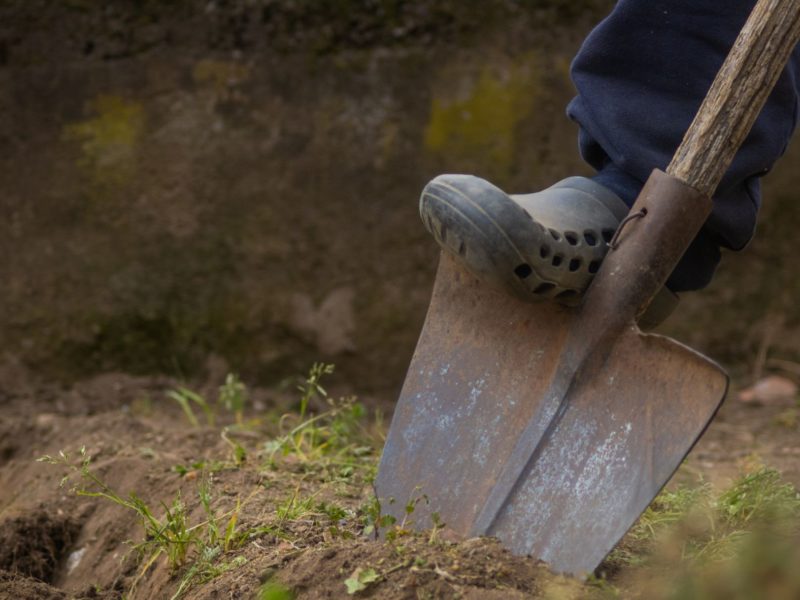JTM: How would you describe your theory/theology of change? In your experience, how does transformation happen?
Rev. Lee: Transformation cannot just happen with ideas and information. I used to do community workshops, popular education, about neoliberalism, capitalism, income inequality, problems caused by globalization like sweatshops, migration, etc. I learned that information does not alone lead to transformation. We have so much information at our fingertips. That doesn’t necessarily matter or move people. That was the reason why I went to seminary. I believed that you had to change the heart in order to change the head. To me faith, com-union, solidarity, transforming how we see ourselves, the sacred, each other, the earth— that heart cultivation was what was a key ingredient in how transformation can happen. My theory is that you have to move the heart. We first have to cultivate love, empathy, shared humanity, compassion. Then with the head (learning/analysis) and the heart (loving), it has to move to the hands (doing). Faith as praxis. Faith as encounter….the doing and the getting messy, getting surprised, staying open. We have to encounter- act- be physically present — make it concrete in some way to ourselves and one another.
JTM: Who are movement-makers that have shaped you? How do you build on their legacies?
Rev. Lee: I have been shaped by faith leaders engaged in social movements in this country and in other parts of the world. As an Asian American child growing up in Ohio, the long, historic movement for black freedom in this country inspired me. It was where I saw, read, and witnessed other people of color, being shapers of history, many empowered by their Christian faith to claim their full dignity as children of God – in spite of every ugly piece of racism and oppression which sought to keep them down. I was shaped by faithful Christians in Central America and Brazil and the Philippines who showed the world through their faithful resistance and peacemaking that faith needed to be about issues of life and death, about freedom over dictatorship, peace over war, and justice over poverty. What I got from all this was a sense of how faith could/should make a difference in the world on behalf of life and justice. This is the part of faith that excites and inspires me. I try to make sure having faith makes a transformative difference not just to the individual but to the collective, to the context, to the world.
JTM: How can faith communities and local churches be better movement partners?
Rev. Lee: We can stop being insular. We need to be on the curb, in the street, engaged with people on the margins and partnering with grassroots groups in our community. Find out what is happening. Not be afraid. We can figure out what can we contribute if we listen, are humble, take on a learning posture. How do we think of our external engagement as a faith community as a core activity, not an add-on? How does this make our faith vital, alive, and life-giving? There is surely something every faith community can contribute to be strong and engaged movement partners. As faith communities, we have unique gifts and relationships that we can offer and contribute. We may not yet know how the Divine Spirit will use them, but we need to be proximate and in the room, or in the mix to be able to listen and discern.
JTM: What are some practices that help sustain you in this work?
Rev. Lee: I have been a tai chi learner and practitioner for 28 years. I wanted to learn a Chinese-based movement practice as a way to connect to my ancestral culture. I’ve learned a lot about my body, energy, how to relax, how to create beauty, how “movement” happens at the micro level and can impact the macro level. I’m still learning. It can take years to learn something very basic. That’s an important reminder! Another thing that has been really important for me to sustain this work is play! I play pick-up soccer with a group of aging soccer players- but we love and enjoy the beauty and flow of the game as well as the competition! And family and longterm and new friendships sustain me – that feeling of being connected and supported from afar.
JTM: What is your favorite bible story/passage about racial justice? Why?
Rev. Lee: As a child I read the Bible or heard bible stories in Sunday School and there were certain ones that I could strongly identify with. The ones that spoke about Jesus’ radically inclusive ministry of presence and healing to those who were considered on the margins or shunned by society: the untouchables, low society, outcast. Those stories spoke to me- because I could relate, as a racialized person, child of Asian immigrants growing up in Northeast Ohio in the 1970’s. I could understand Jesus’ appeal and his radical reversal of traditional power. This story is not explicitly about racial justice, but it works for me. It counters white supremacy, and supremacy of any kind. Because it reminds me that Jesus’ search for the children of God, and the next disciples was highly democratized. No one race or class or gender held a monopoly on wisdom, faith and the ability to be a follower of Christ.
JTM: What is a call to action that you want to share?
Rev. Lee: I’d love to invite people to be part of the Interfaith Movement for Human Integrity. We are about supporting the dignity and full inclusion of immigrants and people impacted by incarceration. You can do this with us or from anywhere! Don’t let anyone be stigmatized and left out of the circle of humanity.
Racism and racist thinking is being deployed in all kinds of ways under the guise of policies about crime, public safety, and scarcity of resources. I hope we can have faith values filled conversations about this and a deeper understanding about root causes and the major issues of economic inequality in our society. It’s so important that we understand the structural history of racial exclusion and extermination in this country and grapple with this as faith communities.
- Read our Faith and Race Timeline on Immigration and Incarceration: https://www.im4humanintegrity.org/2021/08/im4hi-faith-and-race-timeline-on-incarceration-and-immigration/
- Check out our Faith and Reparations Toolkit. These are important conversations to be having in the context of our faith. https://www.im4humanintegrity.org/category/resources/
We are embarking on a Pilgrimage the end of May 2022 to the 7 remaining immigration detention centers in California- to remember the heartbreak and harm, and also to spark reflection and imagination that it doesn’t have to be this way. We need and can have thriving communities by ending detention and prisons and investing in health, education, a clean environment and meaningful jobs.
- Read more about it or meet us on the journey here. https://www.im4humanintegrity.org/2022/03/pilgrimage-for-a-better-future/
Deborah Lee is the Executive Director of the Interfaith Movement for Human Integrity, an organization working for the dignity and full inclusion of immigrants and people impacted by incarceration by bringing multi-faith voice and leadership to justice-centered movements. She has worked at the intersection of faith and social justice for over 30 years in popular education, community organizing, and advocacy connecting issues of race, gender, economic justice, anti-militarism, LGBTQ inclusion, and immigrant rights. Rev. Lee is the daughter of immigrants and part of the Chinese diaspora.
SHARE THIS STORY

